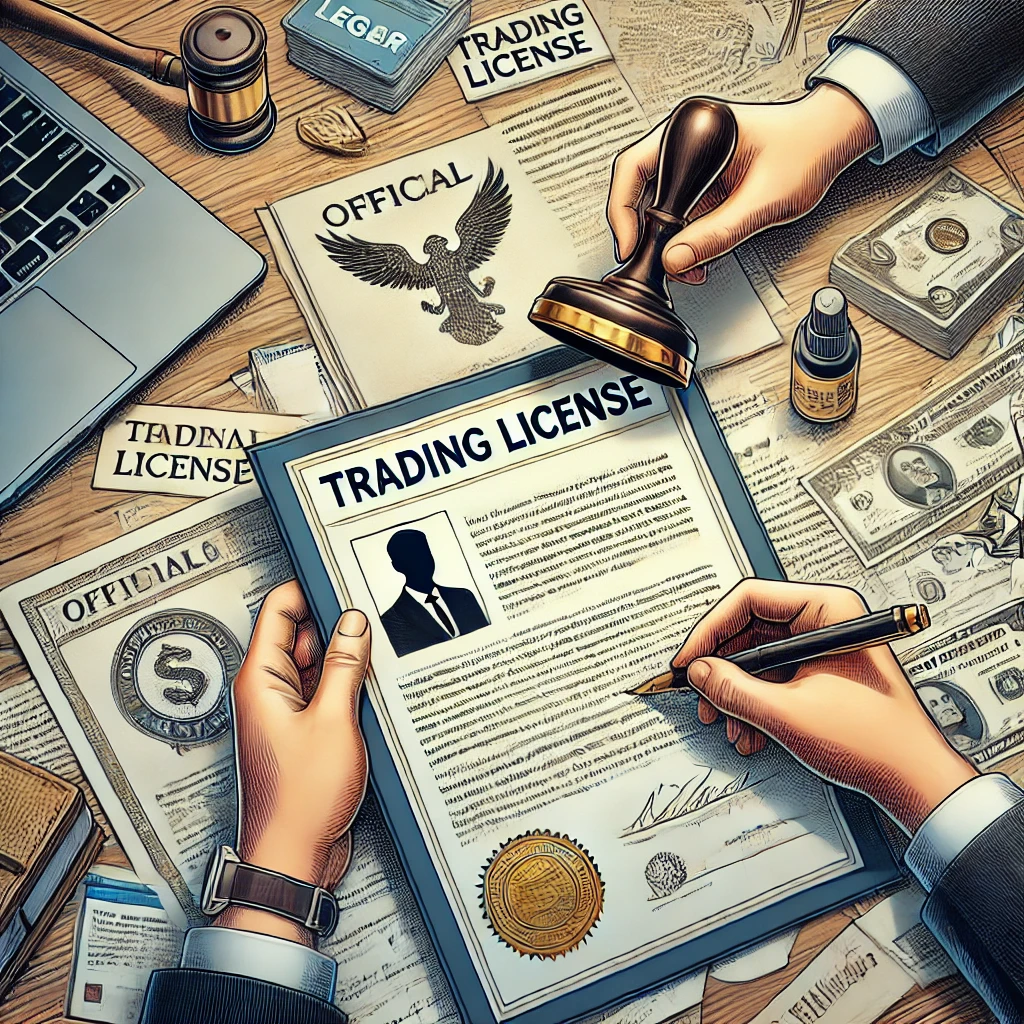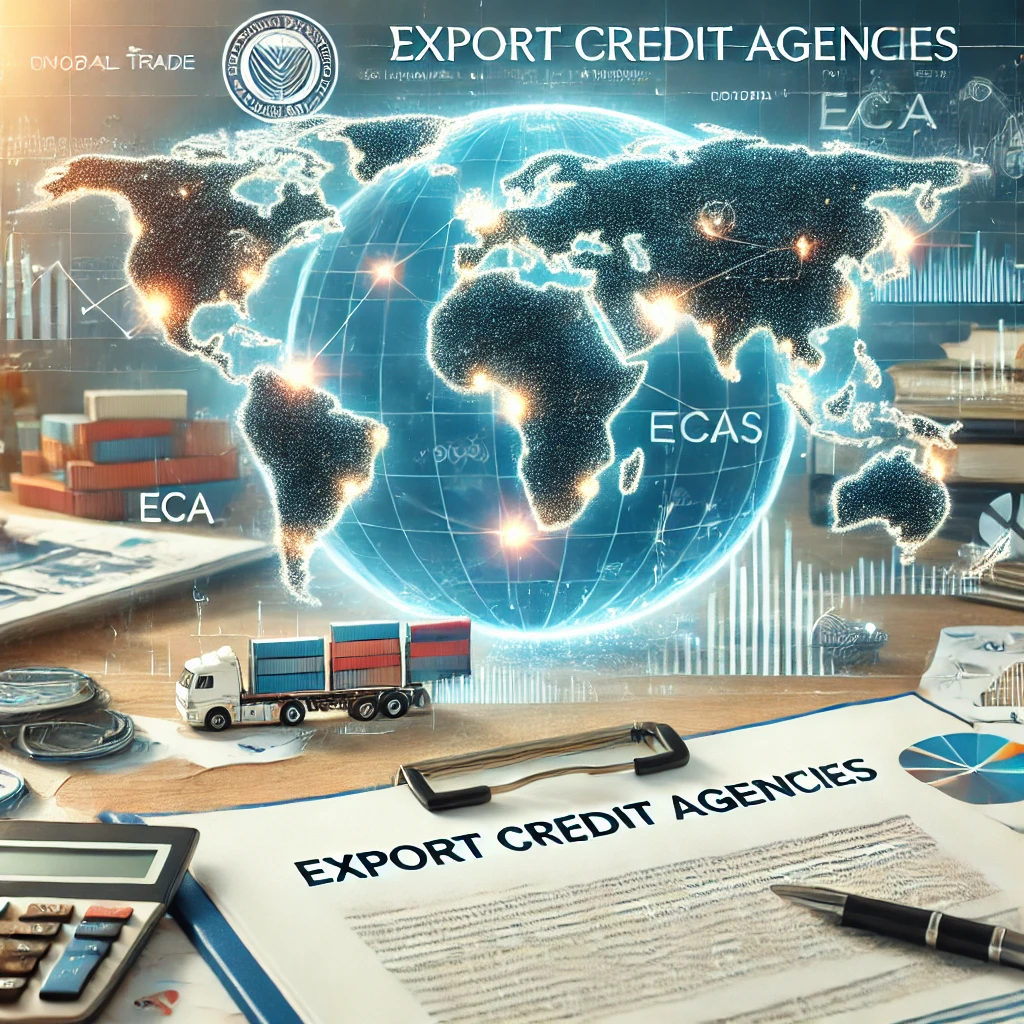What is an Export Credit Agency? Understanding Their Role in Global Trade

Definition of an Export Credit Agency
An export credit agency (ECA) is a financial institution or a government entity that provides financing support to domestic companies engaged in international trade, particularly exports. The primary goal of an ECA is to promote the country’s exports by offering credit, insurance, and guarantees to exporters and foreign buyers.
Key Functions of Export Credit Agencies
ECAs serve several important functions in the realm of international trade:
- Providing Export Credit Insurance: ECAs offer insurance to exporters against the risk of non-payment by foreign buyers due to commercial or political risks.
- Offering Direct Financing: Some ECAs provide loans directly to foreign buyers to purchase goods and services from domestic exporters.
- Issuing Loan Guarantees: ECAs may guarantee loans made by commercial banks to foreign buyers, reducing the risk for the lending institution.
- Political Risk Insurance: ECAs often provide insurance against political risks in foreign countries, such as expropriation, war, or currency inconvertibility.
- Working Capital Guarantees: They may offer guarantees on working capital loans to help exporters fulfill export contracts.
- Market Information and Assistance: Many ECAs provide valuable market information and assistance to exporters, especially small and medium-sized enterprises (SMEs).
Types of Export Credit Agencies
ECAs can be broadly categorized into two types:
- Government ECAs: These are state-owned entities that operate as part of the government’s trade promotion strategy. Examples include the Export-Import Bank of the United States (EXIM) and UK Export Finance (UKEF).
- Private ECAs: These are private institutions that offer export credit services, often with some form of government backing. An example is Euler Hermes, a private credit insurer.

The Importance of Export Credit Agencies in Global Trade
ECAs play a vital role in facilitating international trade for several reasons:
- Risk Mitigation: By providing insurance and guarantees, ECAs help mitigate the risks associated with international transactions.
- Facilitating Financing: ECAs make it easier for exporters to secure financing and for foreign buyers to purchase goods and services.
- Supporting SMEs: ECAs often provide crucial support to small and medium-sized enterprises that might otherwise struggle to compete in international markets.
- Promoting Economic Growth: By supporting exports, ECAs contribute to job creation and economic growth in their home countries.
- Filling Market Gaps: ECAs often step in to provide financing in situations where commercial banks are unwilling or unable to do so, such as in high-risk markets or for large, long-term projects.
How Export Credit Agencies Operate
The typical process of ECA involvement in an export transaction might look like this:
- An exporter secures a contract with a foreign buyer.
- The exporter applies to the ECA for credit insurance or financing support.
- The ECA assesses the risk of the transaction and the creditworthiness of the buyer.
- If approved, the ECA provides the requested support (insurance, guarantee, or direct loan).
- The export transaction proceeds with the ECA’s backing.
- In case of non-payment, the ECA compensates the exporter and pursues recovery from the buyer.

Challenges and Controversies Surrounding Export Credit Agencies
While ECAs play a crucial role in international trade, they are not without controversies:
- Market Distortion: Critics argue that ECA support can distort free market competition.
- Environmental Concerns: Some ECAs have been criticized for supporting projects with negative environmental impacts.
- Debt Burden: ECA-backed financing can contribute to the debt burden of developing countries.
- Lack of Transparency: Some ECAs have been criticized for insufficient transparency in their operations.

The Future of Export Credit Agencies
As global trade continues to evolve, so too will the role of ECAs. Some trends to watch include:
- Increased Focus on Sustainability: Many ECAs are placing greater emphasis on supporting environmentally sustainable projects.
- Digitalization: ECAs are leveraging technology to streamline their processes and improve accessibility, especially for SMEs.
- Adaptation to New Trade Patterns: As global supply chains shift, ECAs will need to adapt their strategies and risk assessments.
- Greater Cooperation: There’s a trend towards increased cooperation among ECAs from different countries on large, complex projects.
Conclusion
Export credit agencies are vital players in the landscape of international trade. By providing financial support and risk mitigation, they enable businesses, particularly SMEs, to compete in the global marketplace. While they face challenges and criticisms, their role in facilitating global commerce and supporting economic growth is undeniable.
As the global economy continues to evolve, understanding the function and importance of export credit agencies becomes increasingly crucial for businesses engaged in or considering international trade. Whether you’re an exporter looking for support, an importer seeking financing, or simply interested in the mechanics of global trade, recognizing the role of ECAs provides valuable insight into the complex world of international commerce.
